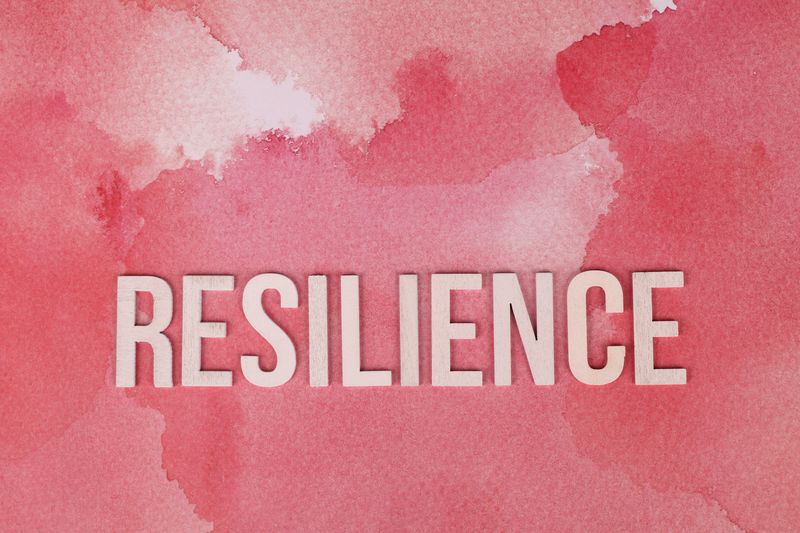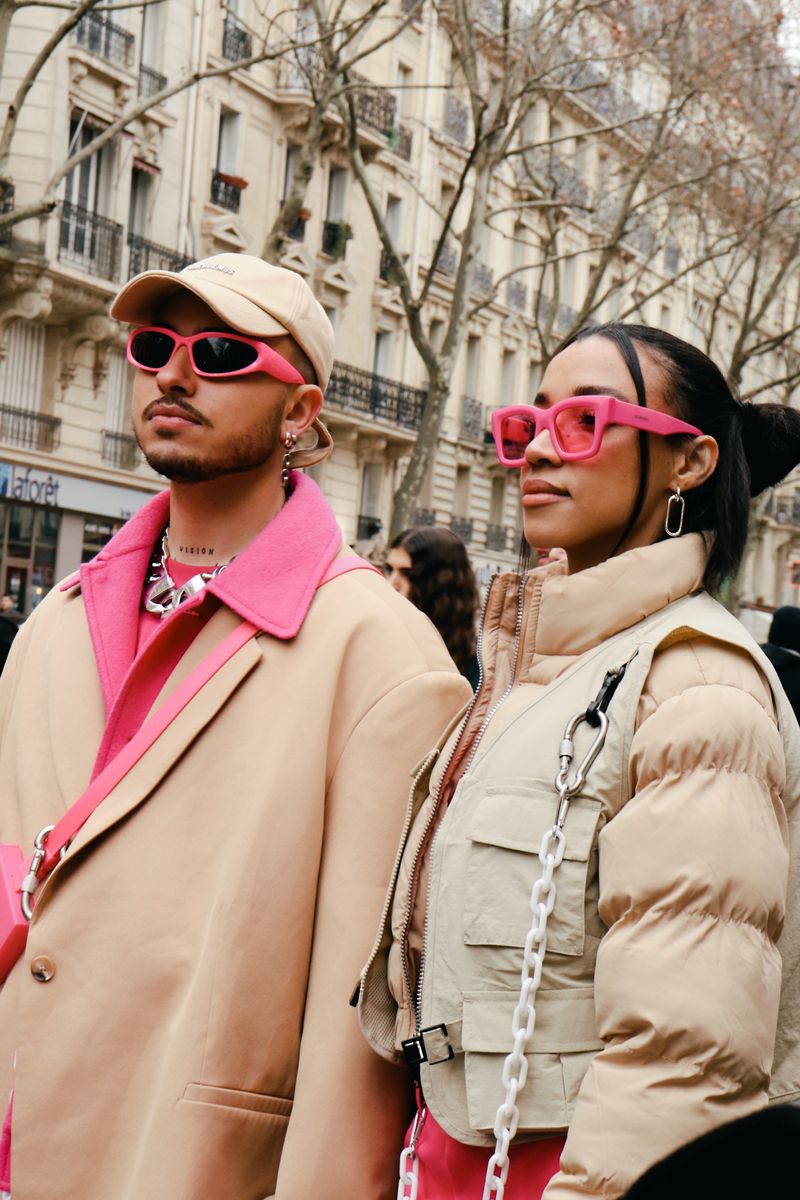Report: Transgender Influencer Speaks Out After Backlash Against Bud Light
The Controversy
The power of social media to both amplify and incite controversy was on full display recently when transgender influencer Dylan Mulvaney faced a wave of backlash and personal attacks after featuring Bud Light in a video on her Instagram account. Mulvaney, who has a substantial following on social media platforms like Instagram and TikTok, became the target of conservatives who took issue with her association with the popular beer brand. The controversy escalated to the point where Bud Light’s sales plummeted and two of the company’s marketing executives went on leave.
Bullying and Transphobia
In videos posted on her social media accounts, Mulvaney, 26, opened up about the intense bullying and transphobia she has faced since the Bud Light controversy began in April. She revealed that she has been stalked, targeted with death and bomb threats, and has felt a deep loneliness as a result of the relentless attacks. Mulvaney expressed her disappointment in Bud Light, stating that the company had not reached out to her during this difficult time, leaving her feeling abandoned and scared to leave her home.
Corporate Responsibility
One of the central themes that emerges from this controversy is the notion of corporate responsibility. Mulvaney expressed her disappointment in Bud Light for failing to publicly stand by her, arguing that hiring a transgender person and then not supporting them in the face of harassment is even worse than not hiring them at all. She called on companies to go beyond superficial gestures of support, such as donations and promotional campaigns, and instead actively demonstrate their commitment to the LGBTQ+ community. Mulvaney believes that supporting transgender people should not be a political issue, and that corporations have an ethical obligation to create inclusive and safe spaces for all individuals.
Broader Impact
The Bud Light controversy is just one example of a larger pattern of conservative backlash against companies that show support for the LGBTQ+ community. Other brands, such as Target, have faced similar criticism and opposition for their inclusive marketing strategies. This demonstrates the unfortunate reality that progress towards acceptance and equality is often met with resistance from those who wish to maintain the status quo.
Freedom of Speech vs. Responsibility
One of the underlying tensions in this controversy is the clash between freedom of speech and corporate responsibility. While individuals have the right to express their opinions and concerns, companies also have a responsibility to uphold the values of inclusivity and support for marginalized communities. This raises important questions about the role of corporations in shaping social and political discourse. Should companies avoid taking a stance on controversial issues to protect their bottom line, or should they use their influence to actively advocate for marginalized communities?
Editorial: Balancing Corporate Accountability and Public Opinion
Connectivity and Consequences
The advent of social media platforms has dramatically changed the way that individuals and companies interact with each other. Through the power of connectivity, a single video or post has the potential to reach millions of people and ignite heated debates. While this connectivity brings about valuable opportunities for dialogue and the amplification of marginalized voices, it also exposes individuals to the darker side of public opinion, as seen in the case of Dylan Mulvaney and Bud Light.
The Responsibility of Companies
As corporations navigate these digital landscapes, they must grapple with the ethical dilemma of balancing their bottom line with their responsibility to create inclusive environments. While it may be tempting for companies to remain neutral in the face of controversy, doing so risks alienating the very communities they claim to support. By actively engaging with and standing up for marginalized individuals, companies can demonstrate their commitment to equity and inclusion.
The Role of Public Opinion
Yet, the power of public opinion cannot be underestimated. The Bud Light controversy highlights how backlash from conservative voices can have significant consequences, such as plummeting sales and negative brand perception. Companies must consider the potential impact of taking a stance on controversial issues and weigh it against their commitment to corporate social responsibility. Striking this delicate balance requires thoughtfulness, foresight, and a genuine commitment to social progress.
Advice: Moving Forward
Authenticity and Transparency
In an era of increasing scrutiny and public opinion, authenticity and transparency are essential for companies seeking to navigate controversies and promote inclusivity. It is crucial for companies to foster a culture where employees and brand ambassadors feel supported and safe. This involves proactive steps such as creating comprehensive anti-harassment policies, providing ongoing training, and committing to an open dialogue with stakeholders.
Engaging with Community Organizations
Companies should actively seek out partnerships with community organizations that are dedicated to promoting LGBTQ+ rights and supporting transgender individuals. By aligning themselves with reputable organizations and actively participating in initiatives that uplift marginalized communities, companies can send a powerful message of support.
Taking a Stance with Care
When companies choose to take a stance on controversial issues, it is vital for them to do so with careful consideration and a deep understanding of the potential consequences. This includes evaluating the values and norms of their target audience, while also prioritizing their commitment to social justice and equality. Honest conversations both within the company and with external stakeholders are critical to ensuring that any stance taken is well-reasoned and consistent with the company’s core values.
Corporate Accountability as a Cultural Shift
The Bud Light controversy is a reminder that corporate accountability is not simply a temporary trend or a public relations strategy, but rather a cultural shift that requires ongoing commitment. Companies must continuously evaluate and improve their diversity and inclusion initiatives, hold themselves accountable for their actions, and be willing to adapt and learn from their mistakes. Only through long-term dedication and engagement can companies foster inclusive environments and contribute to lasting societal change.

<< photo by Junior REIS >>
The image is for illustrative purposes only and does not depict the actual situation.
You might want to read !
- Haiti’s Resilience Tested as Mexico Soars to Victory at Concacaf Gold Cup
- Jury Acquits Scot Peterson: Analyzing the Failure to Confront Parkland
- Marvel Magic: Exploring the Potential Campiness of Disneyland’s Newest Musical
- “The Power of Social Media: Understanding the Reddit Blackout and its Impact on Free Speech”
- Twitter vs. Tucker Carlson: The Battle Over Free Speech Online.




